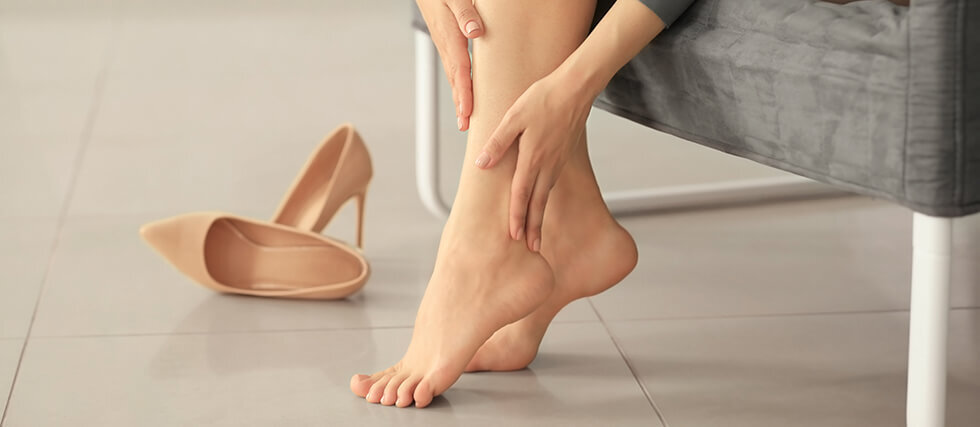A Case Against High Heels: How They Damage the Foot
High heels may be fashionable, but their impact on foot health is anything but glamorous. From bunions to long-term joint damage, wearing high heels regularly can cause significant harm to your feet and the rest of your body.
First, heels alter the foot’s natural alignment. By forcing the toes downward into a narrow toe box, high heels compress the forefoot, increasing the risk of bunions, hammertoes, and neuromas. Over time, this unnatural position strains the ligaments and nerves, leading to pain, inflammation, and permanent deformities.
Wearing heels also shifts your body weight forward, putting excessive pressure on the ball of the foot. This not only increases your chances of developing metatarsalgia (pain in the forefoot) but also affects your posture. To compensate, your knees, hips, and lower back are forced into unnatural positions, which can lead to chronic pain and even degenerative joint issues.
Ankle instability is another serious concern. The higher the heel, the greater the risk of sprains or falls. Wearing heels frequently can also shorten the Achilles tendon and calf muscles, making flat-footed walking painful and further destabilizing the foot over time.
Research backs this up: studies have linked prolonged heel use to increased risk of osteoarthritis, joint degeneration, and muscular imbalance. Even occasional wear can lead to lasting changes in foot structure.
If you love the look of heels, consider limiting their use to short periods and opt for lower, wider heels with adequate arch support. Better yet, choose shoes that work with your body, not against it.
Your feet carry you through life. Don’t sacrifice their health for fashion.



